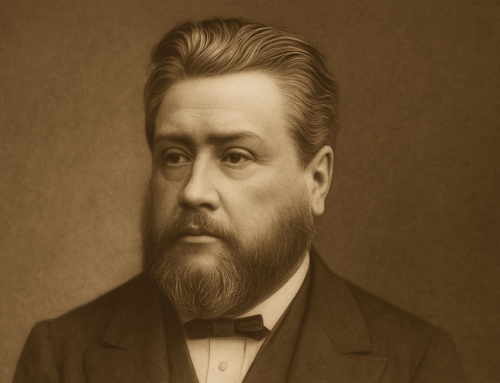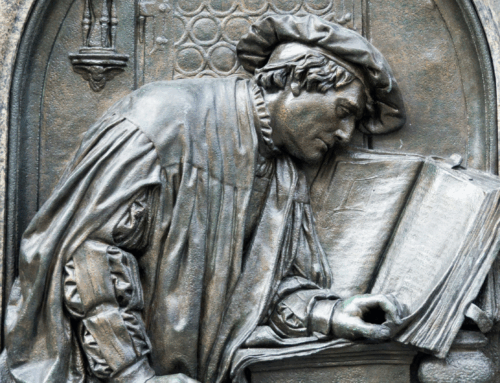Not long after that, Jesus went to the village Nain. His disciples were with him, along with quite a large crowd. As they approached the village gate, they met a funeral procession—a woman’s only son was being carried out for burial. And the mother was a widow.
When Jesus saw her, his heart broke. He said to her, “Don’t cry.”
Then he went over and touched the coffin. The pallbearers stopped. He said, “Young man, I tell you: Get up.” The dead son sat up and began talking. Jesus presented him to his mother.
Luke 7:11-15 (The Message)
Jesus was on his way somewhere and met up with a funeral procession. Dr. Luke was careful to include that the dead man was the only child of a widow. Jesus would have known that, but as readers, we would not.
Luke also makes sure the reader knows that Jesus was full of compassion for the woman – “his heart broke”- not just because she was grieving, but also because in losing her son she lost her source of income and he knew what was ahead for her. I’m not an expert in two-thousand-year-old middle east, Jewish tradition, but after witnessing communities and cultures in developing countries, I’ve seen the reality of families looking to their children to be providers. For example, in developing communities, when a child with a disability is born into a family, they are sometimes seen as another mouth to feed that cannot help with the chores – a burden more than blessing.
This miracle happens as Jesus was coming from healing the servant of a Roman Officer. Jesus followers had told him that he should go to the officer’s house and see his servant, because the officer had been good to the Jewish people – even building a synagogue at his own expense. The officer said to Jesus, “I’m not worthy for you to come to my home. Just say the word”. Jesus said the word, the servant was healed. Then Jesus said, “Never have I seen this kind of faith, even in all of Israel”. Jesus’ followers tried to make it about position – Jesus turned it around and made it about faith.
Then he encounters the widow and her dead son. For the Roman Officer, Jesus responded to faith, not status. For this widow, he responded in compassion, not because she asked.
Jesus knew she would need to resort to creative, perhaps ‘unconventional’ means to provide for herself. The law had provisions to help widows and other people in the margins, but in this case, Jesus didn’t leave it to the law – he gave her back her son. He gave her back an income. He gave her back community. Curing the young man from death was miraculous and good for him (an understatement in every sense), but the object of Jesus’ action was the mother. She was about to travel to the margins of her society and Jesus helped her stay in community.
This story isn’t about people with disabilities. It’s about a woman who was making her way quickly into the margins because of the death of her only son. But people with disabilities are often marginalized as well. Long before Christian Horizons articulated our vision that ‘people who experience disabilities belong to communities in which their God-given gifts are valued and respected’, Jesus helped others see our crucial need to belong. He makes it possible for people to belong.
Jesus is calling us to do the same, to go into the margins with others, like he did to this mother – “Don’t cry. Here’s your son. Stay. You belong.”





